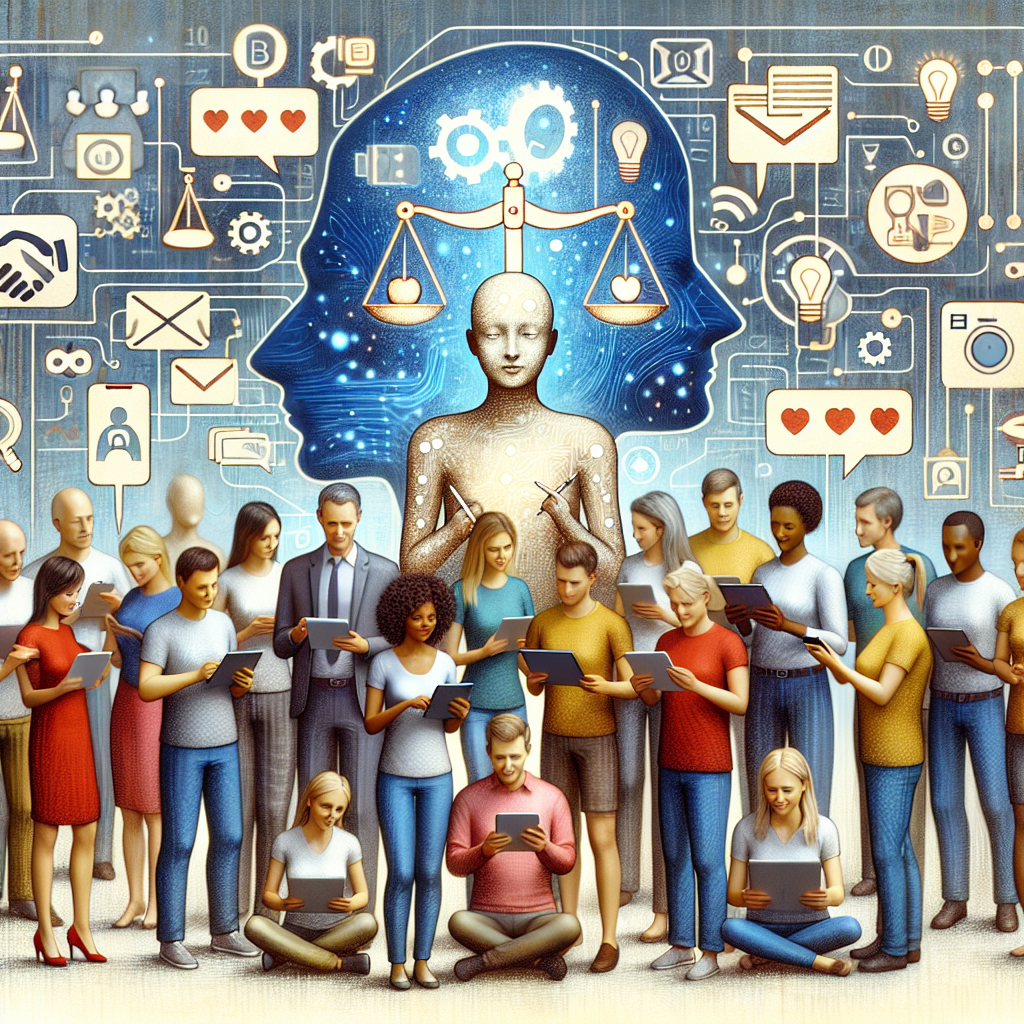Microsoft-owned GitHub has entered the rapidly evolving field of autonomous coding agents with the launch of Agent HQ, a new product designed to coordinate multiple AI agents for complex software development tasks. As reported in the article “GitHub Embraces the Coding Agent Competition With Agent HQ” by Startup News FYI, the platform aims to address growing developer interest in AI systems that go beyond autocomplete and code refactoring to independently manage and execute entire programming workflows.
Agent HQ represents a bold step forward in GitHub’s strategy to integrate artificial intelligence into the core of software development. According to the report, the system enables GitHub Copilot’s underlying models to orchestrate the actions of multiple specialized AI agents, each responsible for different segments of a project—such as design, code implementation, testing, and documentation—facilitating end-to-end project management with minimal human oversight.
This expansion comes amid an increasingly crowded field, with startups like Cognition Labs, the developer behind the GPT-powered coding tool Devin, gaining attention for similar agent-based approaches. Rather than competing purely on individual AI agents’ capabilities, GitHub’s approach focuses on coordination and collaboration among agents, positioning Agent HQ as a project manager for digital collaborators.
The strategy also shifts GitHub’s value proposition. While GitHub Copilot has primarily served as an assistive coding companion, Agent HQ seeks to redefine how developers interact with codebases. By overseeing and distributing tasks among AI agents trained for specific responsibilities, GitHub is moving toward more autonomous systems capable of handling long-running development cycles with limited human intervention.
GitHub CEO Thomas Dohmke has previously emphasized the company’s commitment to building next-generation developer tools that reduce friction and accelerate productivity. This latest development aligns with that vision, potentially reshaping not only individual developers’ workflows but also how teams and organizations approach software delivery.
Agent HQ is currently in its early stages, with initial demos showing promising results in managing multi-step tasks such as building microservices or integrating third-party APIs. Still, GitHub acknowledges that full autonomy in software development remains an aspirational goal, with human oversight and input continuing to play a vital role.
The introduction of Agent HQ also highlights broader shifts occurring in the AI tooling landscape. As companies transition from passive AI integrations to active AI-driven systems, questions around trust, reliability, and code quality become more pressing. GitHub has indicated that it is prioritizing explainability and transparency in how these agents make decisions and collaborate.
While direct comparisons with competing platforms are inevitable, GitHub’s embedded position within the developer ecosystem—and access to a vast corpus of training data and telemetry from daily code activity—provide it with distinct advantages in scaling such capabilities.
As AI agents become more proficient and collaborative, platforms like Agent HQ are poised to play a critical role in shaping the future of software engineering. GitHub’s move signals not only a response to competitive pressures but also a proactive reimagining of what development tools should do in the age of artificial intelligence.



